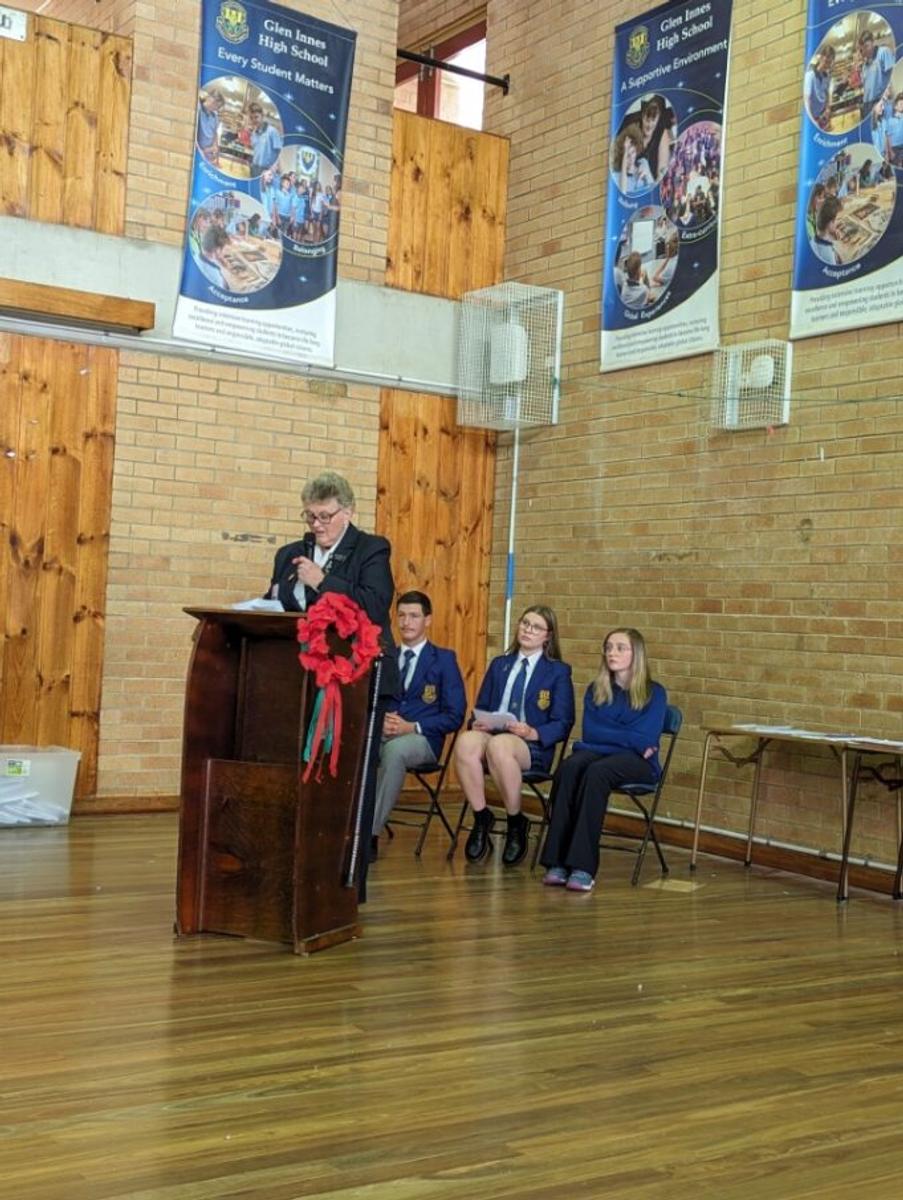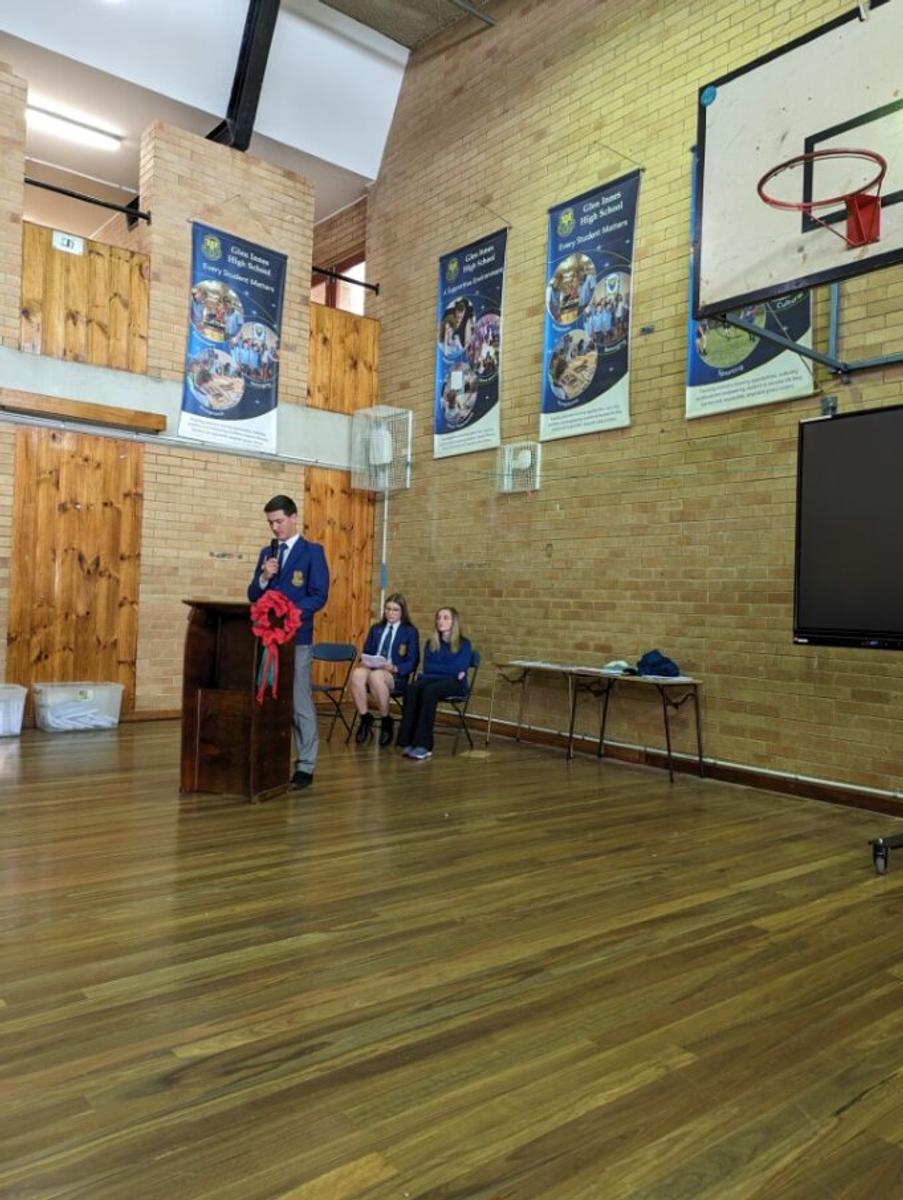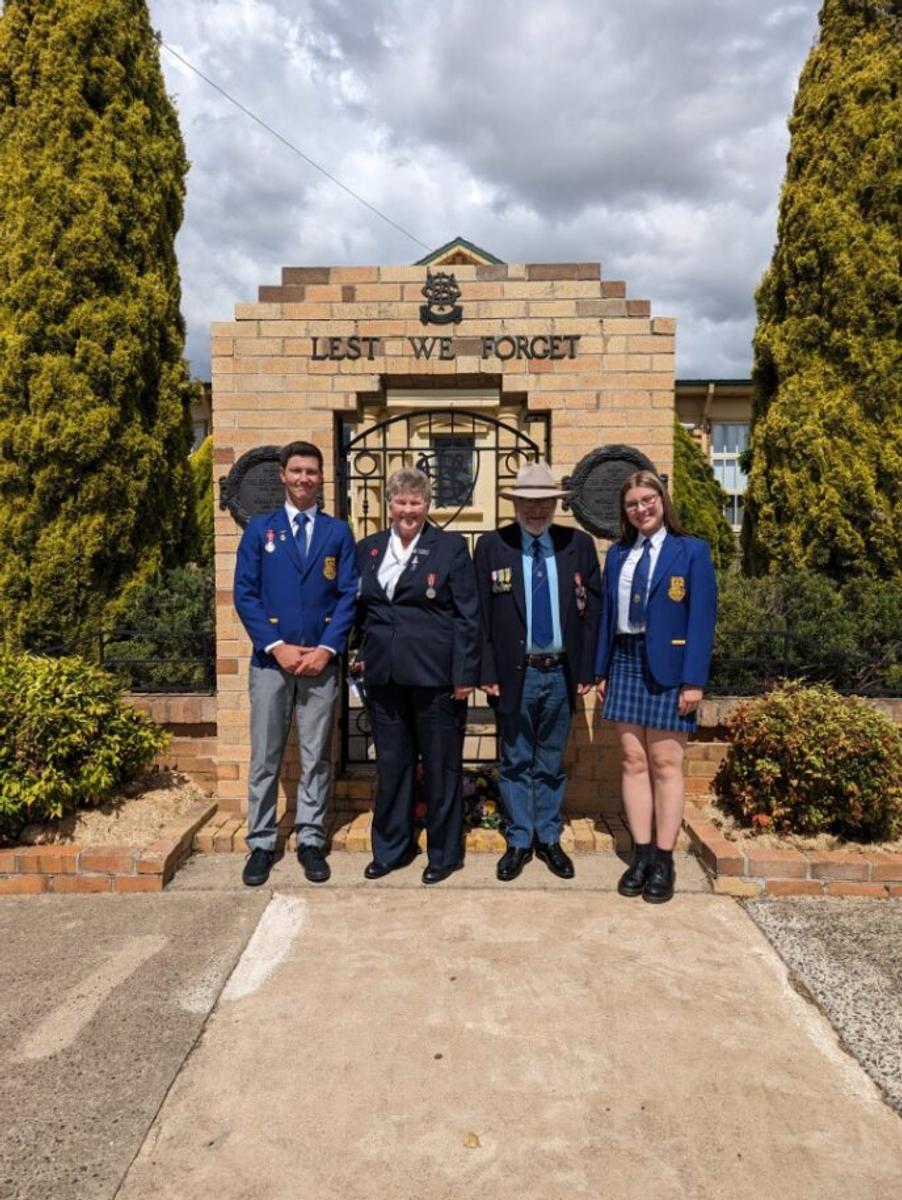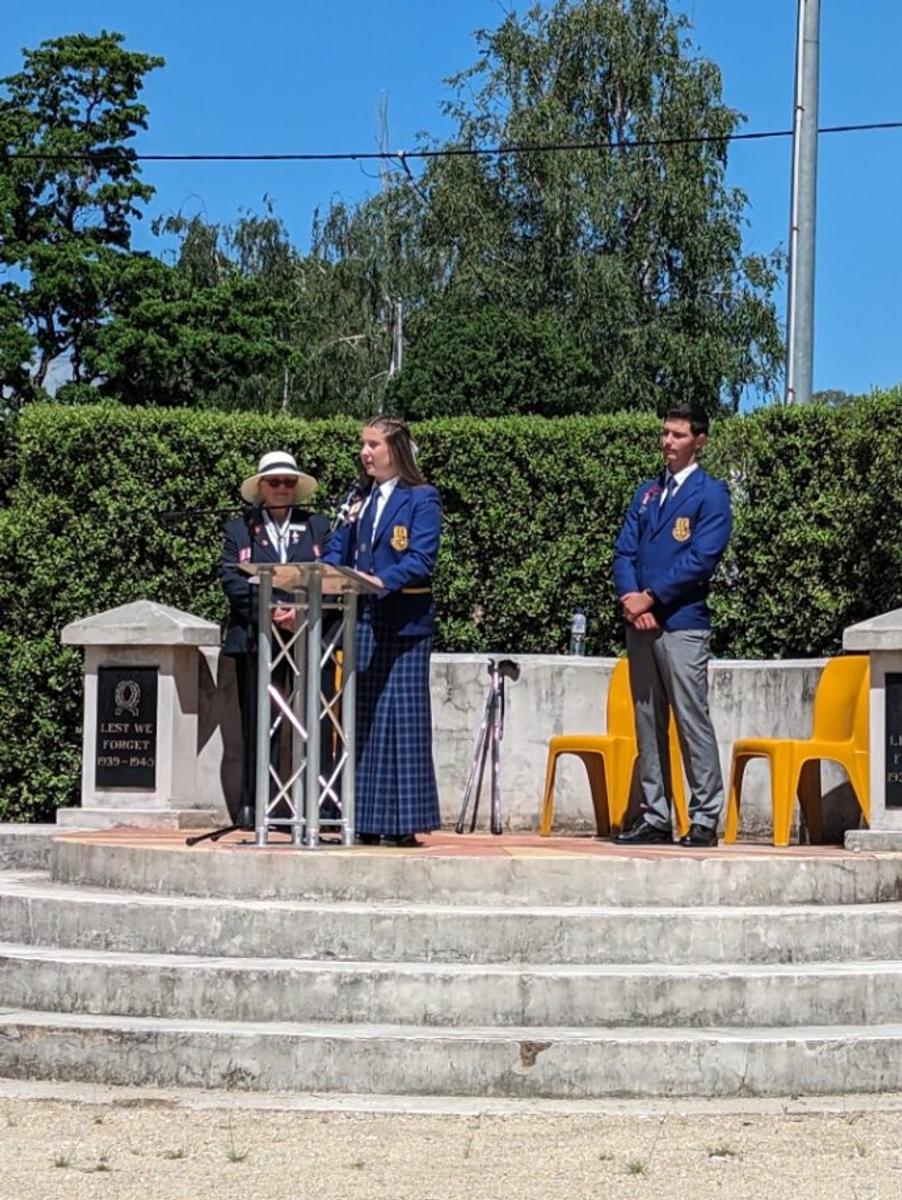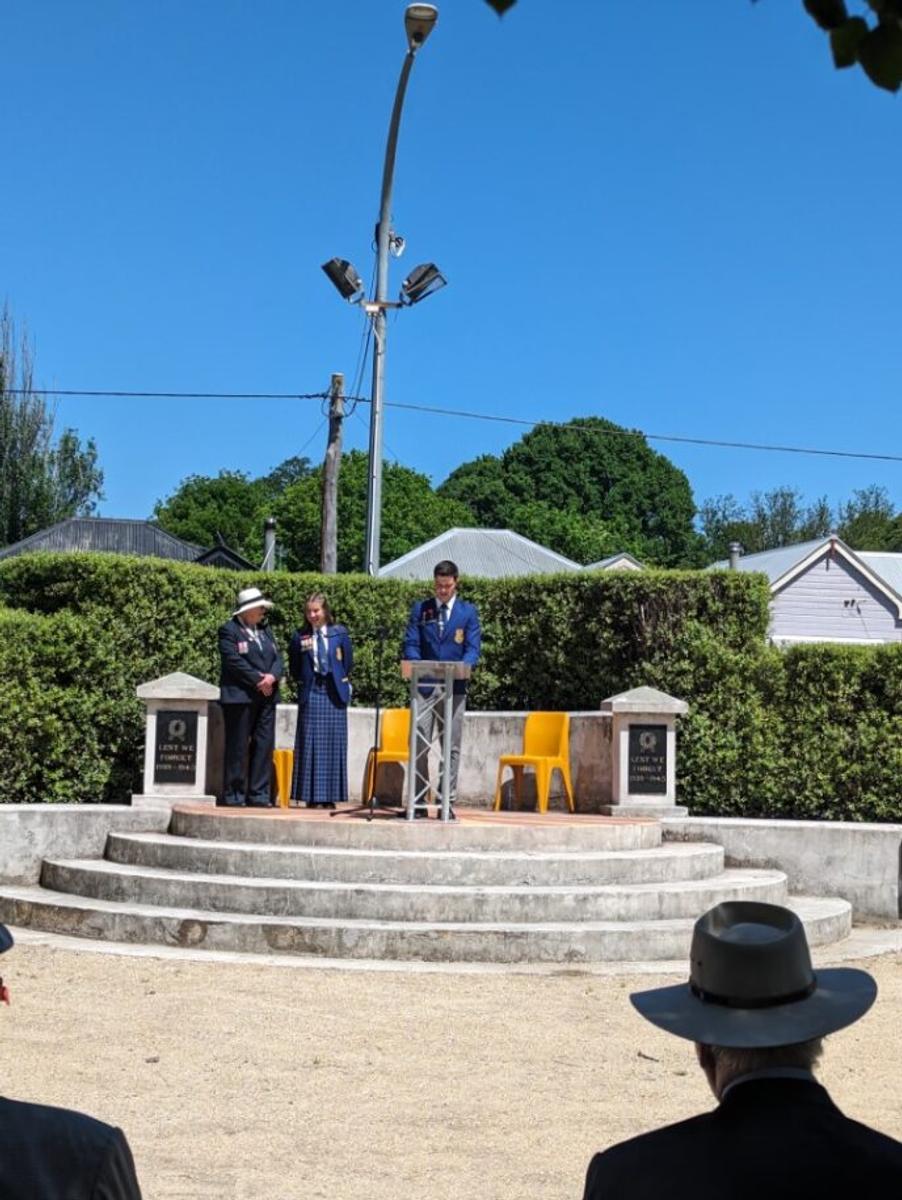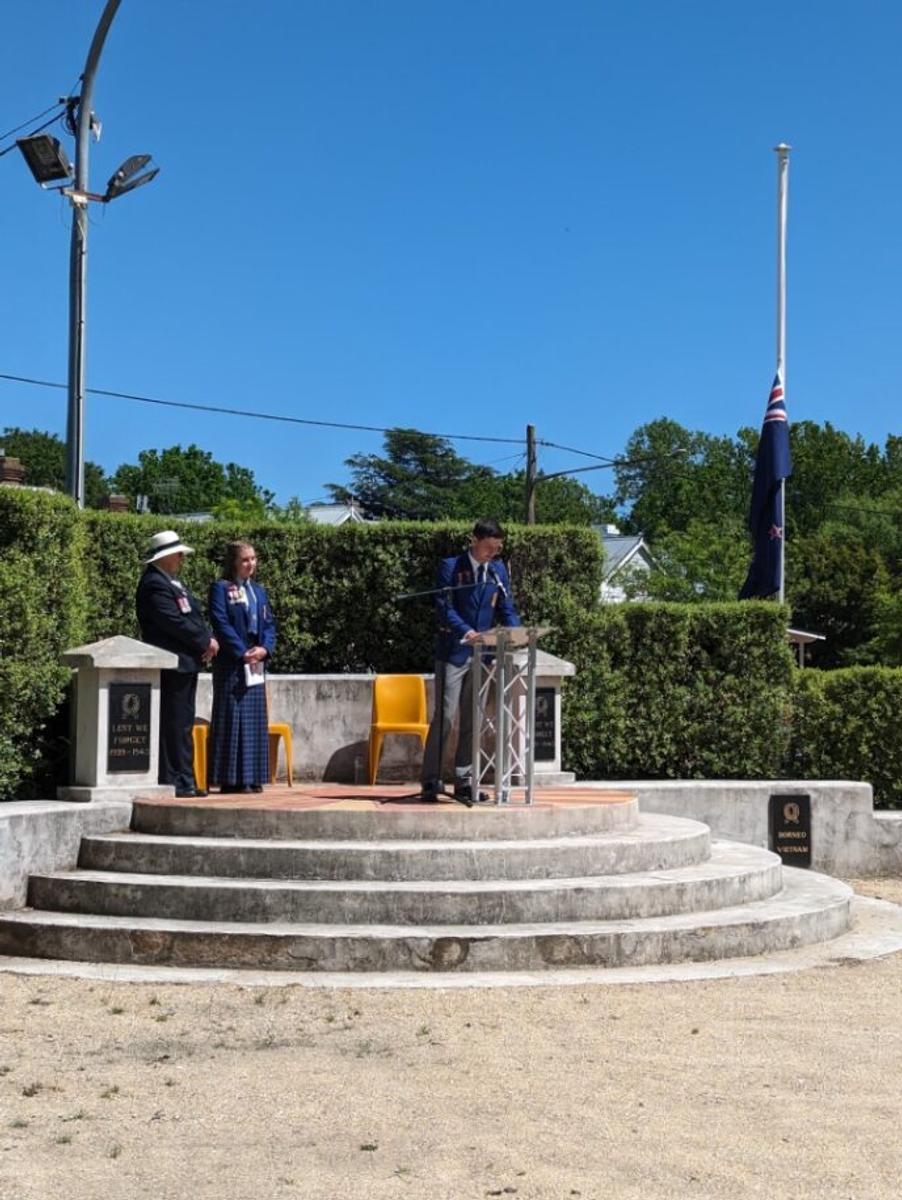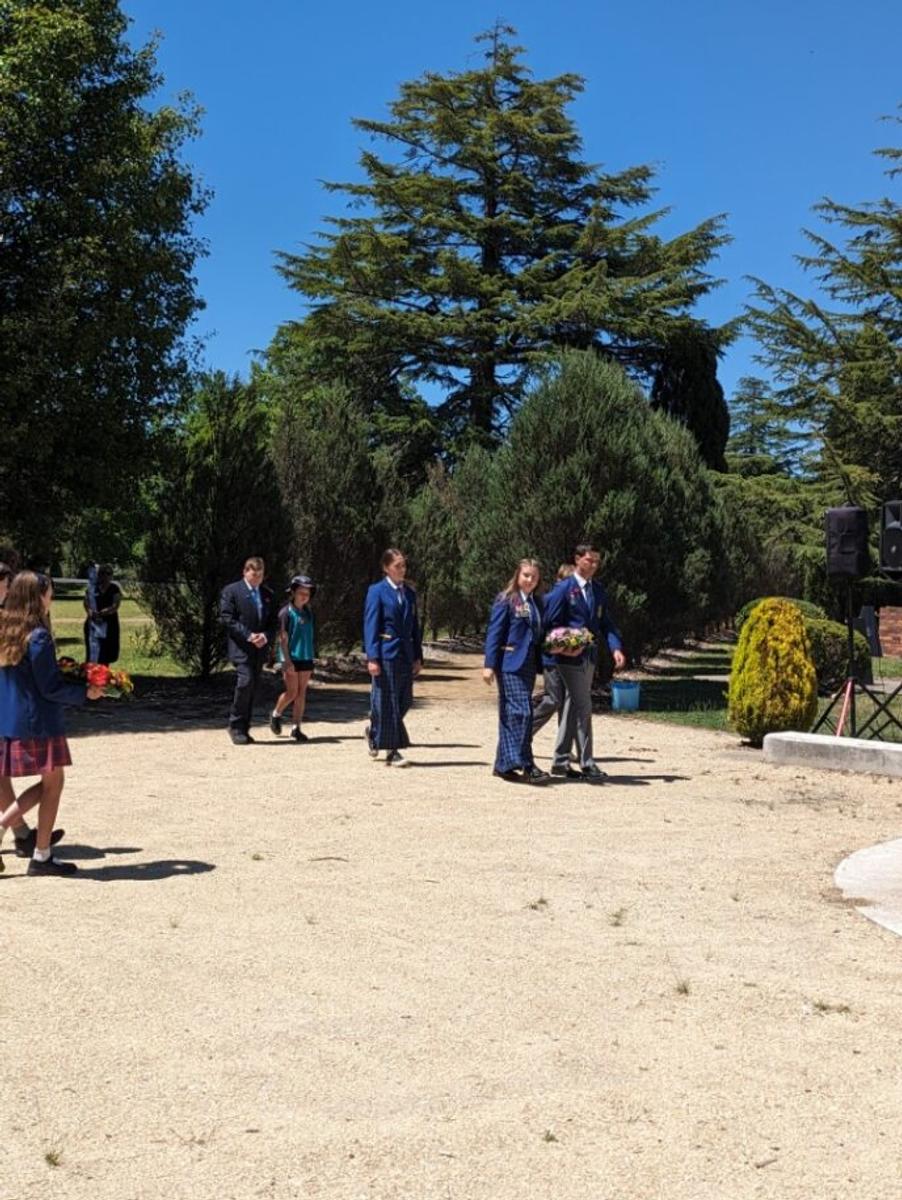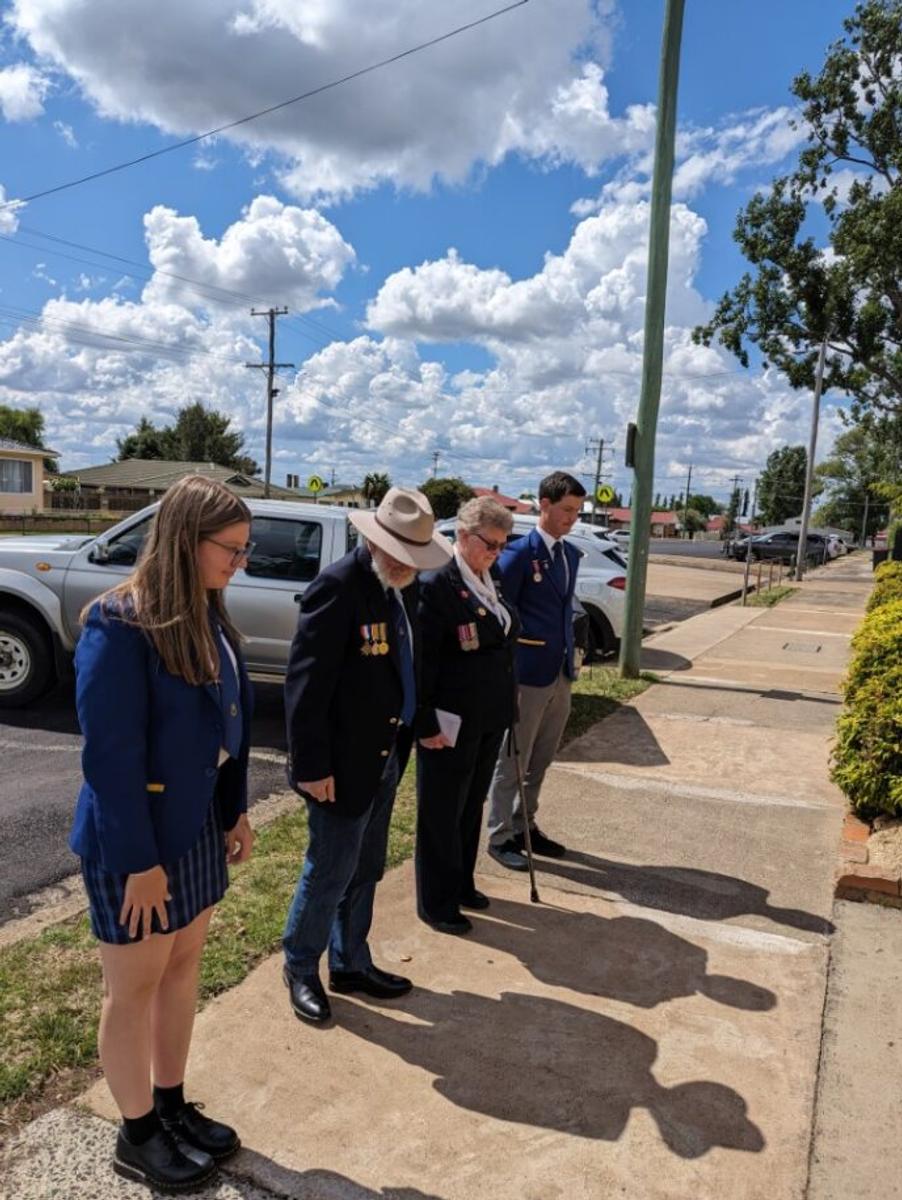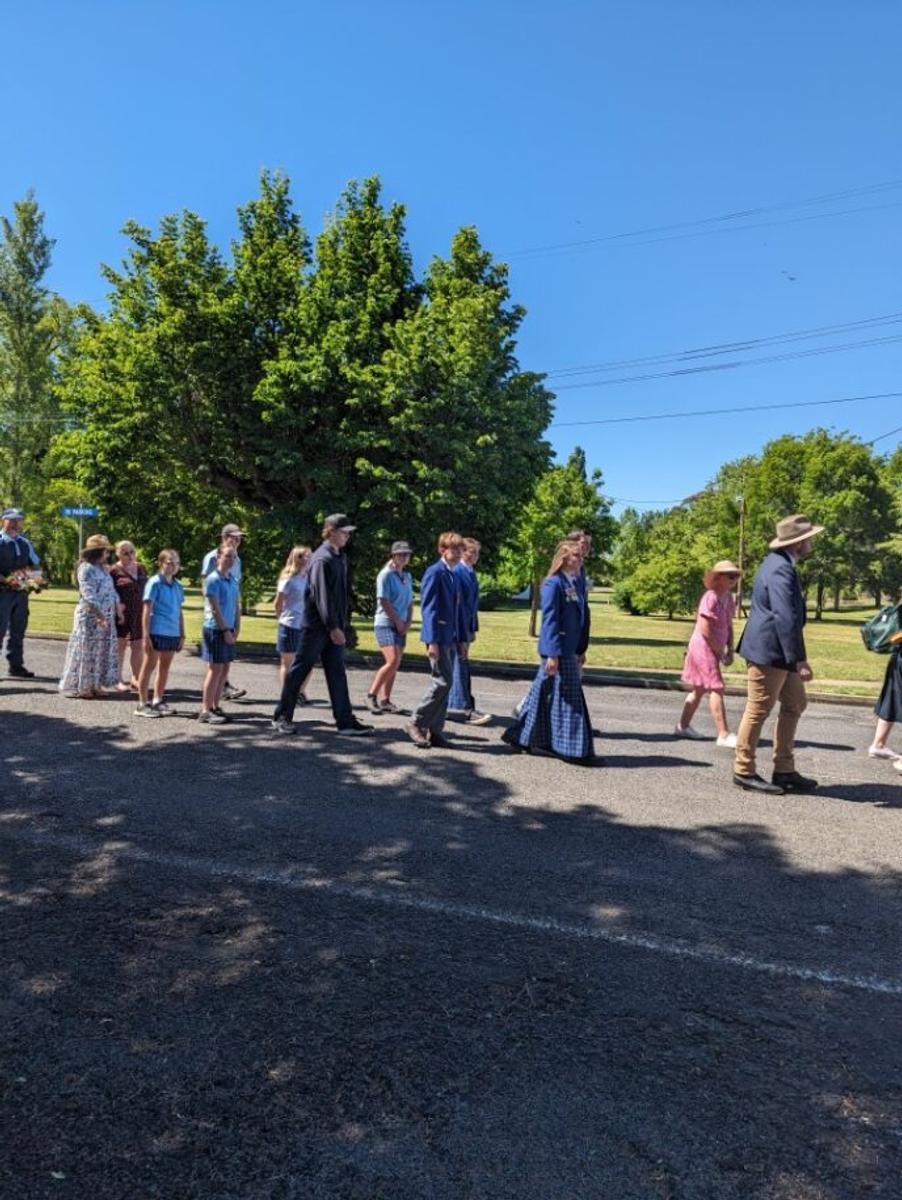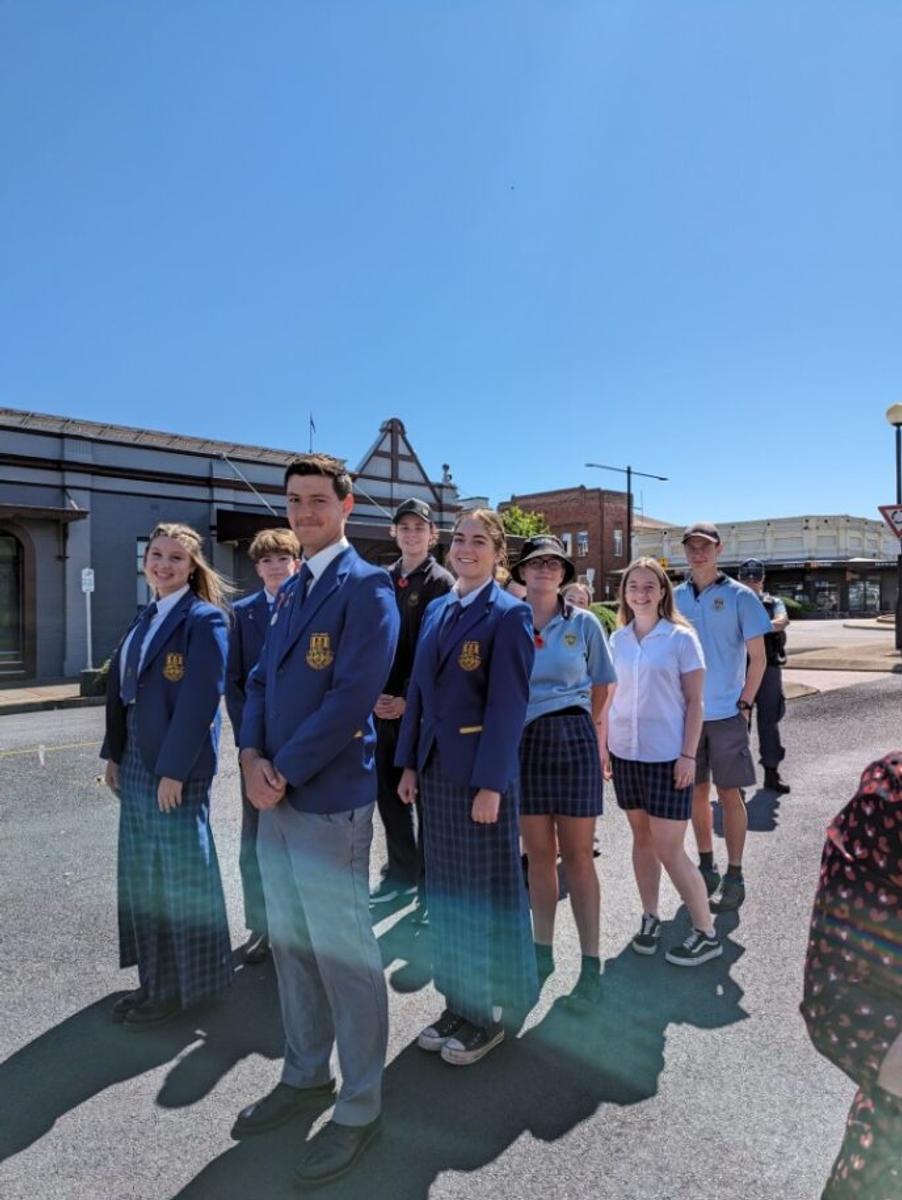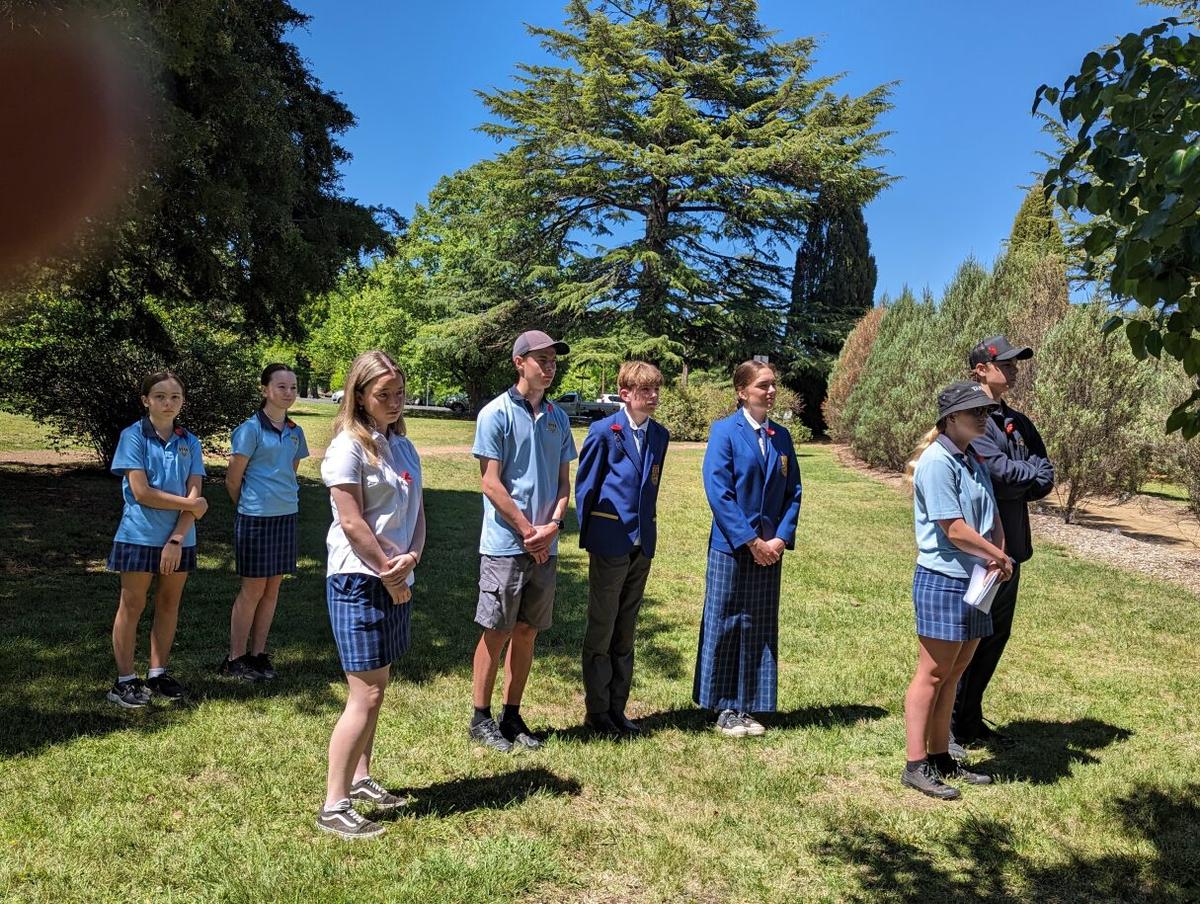Remembrance Day
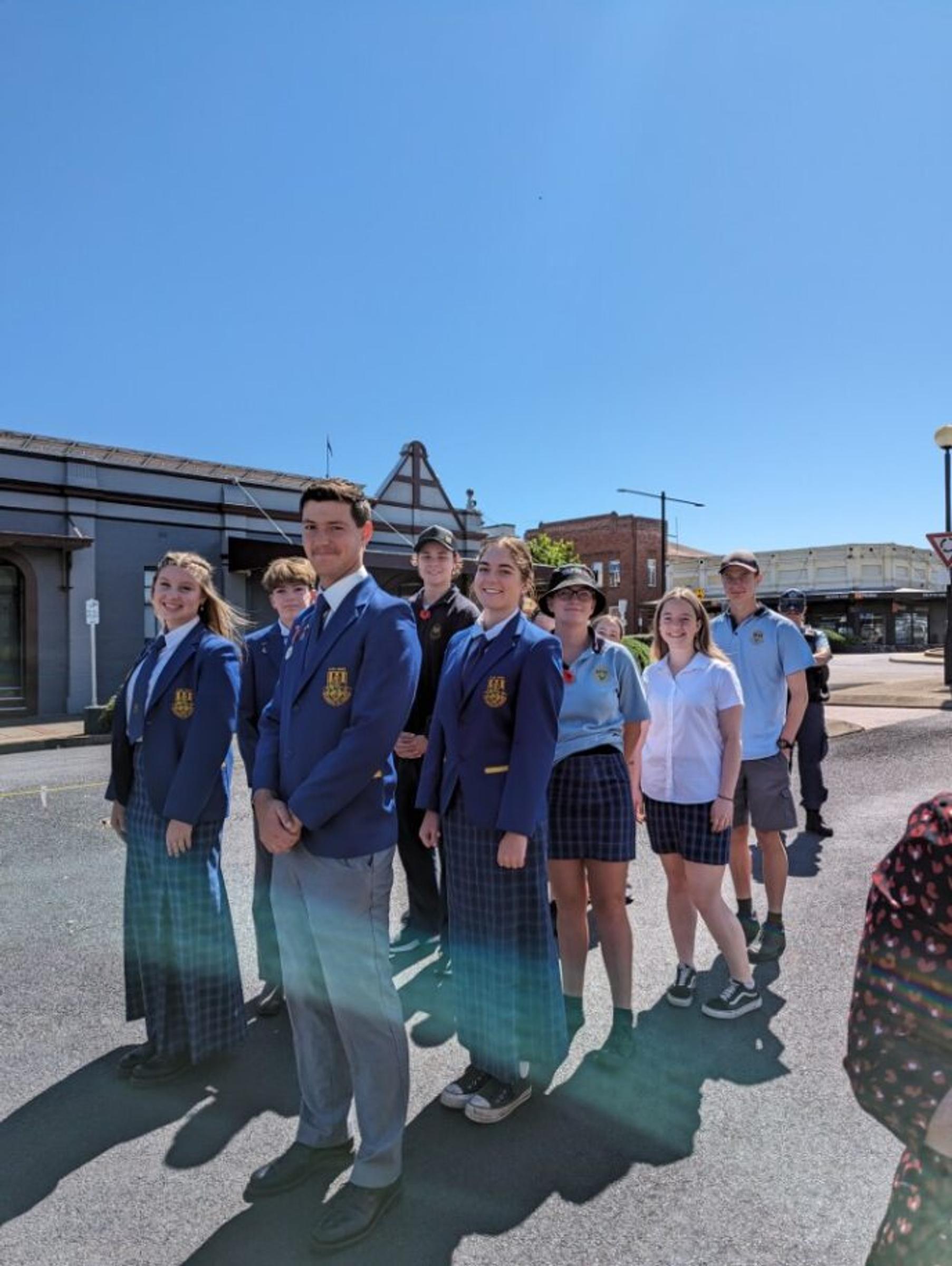
What is Remembrance Day? (Charlotte McHarg)
Remembrance Day honours the official end of World War I. On the 11th of November 1918, at 11 am, fighting ceased between the Allied Powers and Germany when the Germans called for an armistice in order to secure a peace settlement. The conflict left 70 million injured, and approximately 13 million dead, a third of these with no grave. For Australians, over 60,000 Australian service personnel had died, and many thousands more had been wounded. To commemorate all the bodies and minds wounded in World War I, on November 11, 1919, King George V declared 2 minutes of silence at 11am. At the appointed time, people gathered before local memorials in common reflection, beginning a lasting tradition that has withstood for more than a century. Subsequently, after World War II, Remembrance Day was changed to honour all lives tragically lost in both wars.
Today, Australia commemorates the lives lost in all of the wars, conflicts, and peacekeeping operations that Australians have bravely endured. Although some remain unidentified or undiscovered, we remember their sacrifice and selflessness. We honour not only the soldiers, but all the unsung personnel that aided the war efforts. This includes doctors and nurses, translators, intelligence officers, animal trainers, cooks and many more. These people provided care and support, and they brought solace during testing times. Without them, the war would have fared out significantly differently.
Remembrance Day commemorates the sacrifices made by people to abandon their lives and their families to serve and protect their country. We acknowledge families who lost loved ones and were left broken, and we recognise the pain and stress of families anticipating their return. Still continuing on today, families across Australia recognise their own personal stories surrounding wars and conflict. It gives families the opportunity to honour and thank family, dead or alive, for their service. On the 11th of November, we gather to remember the deaths of troops, personnel, and civilians as a result of conflict. It is a day of reflection, to be grateful for the safe lives we lead, set up by those who served our country. This is why we must take a moment to pause in our busy lives, to honour Remembrance Day and remember the service and sacrifices of Australians in conflicts.

